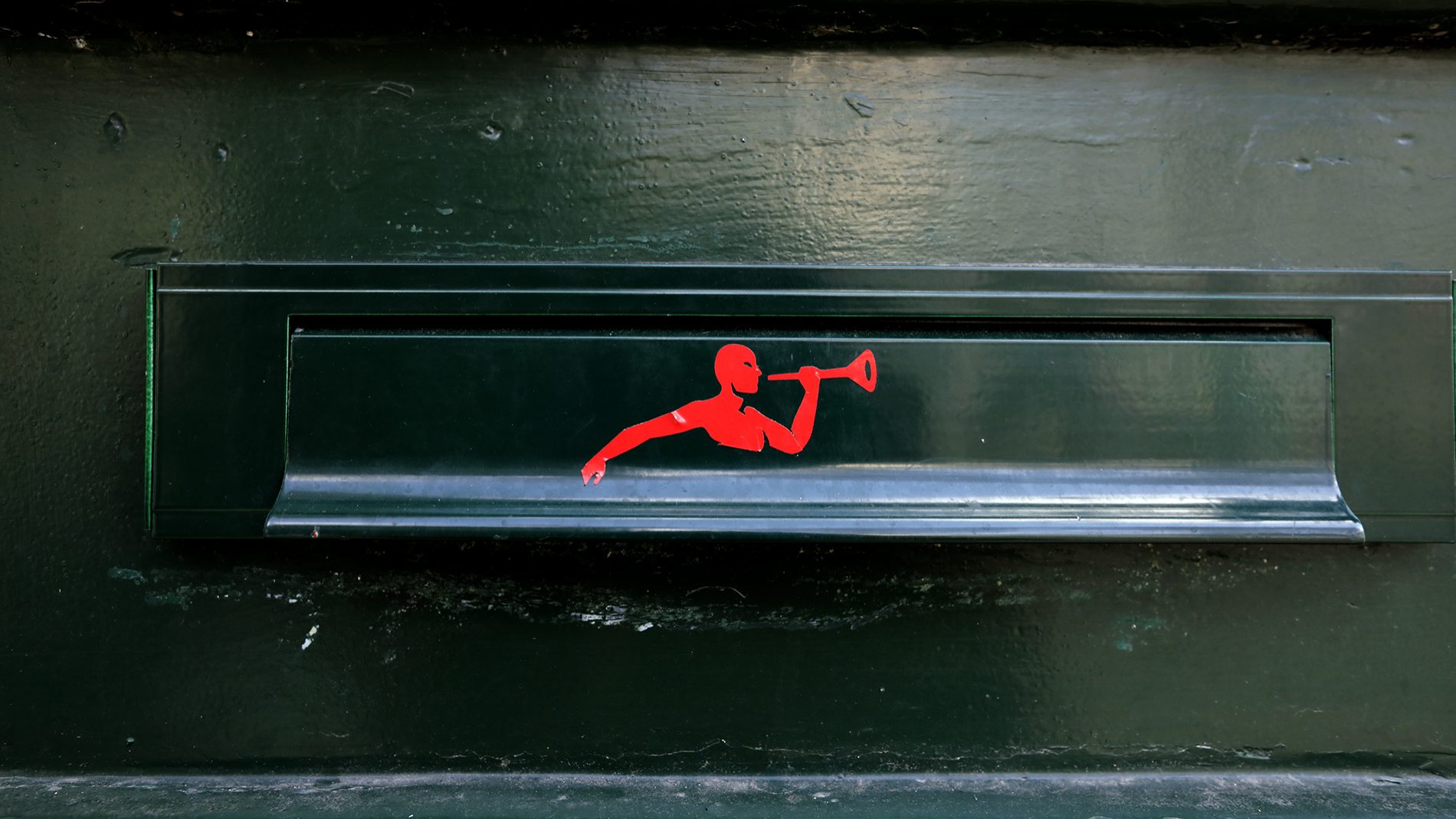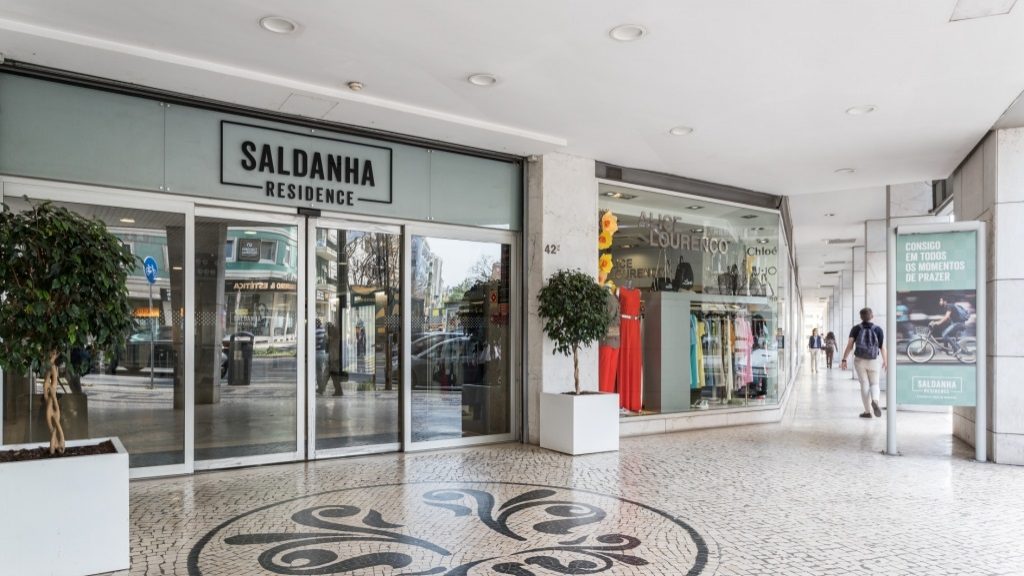CTT creates real estate company to make the group’s assets profitable
The CTT group has been studying ways to monetise its real estate portfolio valued at over €200 million. In December, it set up CTT IMO - Sociedade Imobiliária.
CTT has just set up a real estate company, CTT IMO, in another step towards making its real estate assets, valued at over €200 million, profitable. The new company was created on December 23, with the same board of directors as the post office, and is led by João Bento. Analysts have long been waiting for news on this chapter.
It was at the presentation of the H1 2019 results, on July 26 of that year, that the topic was first raised. In a conference call with analysts, João Bento revealed that the company was looking for a “structured way” to “optimise” its real estate portfolio.
Real estate is an attractive asset for investors, as it can generate cash flow, is protected against inflation and tends to appreciate over time. A source close to the process confirmed to ECO that CTT’s intention is to transfer the portfolio to the new company. Another source connected to the market said that they expect CTT IMO to be a step towards the sale of the said portfolio.
Contacted about the constitution of CTT IMO, CTT’s official source only explained that it was “the creation of a company in the normal development of CTT’s corporate structure”. “CTT does not make any disclosure of any information on this or any other aspect that has not been done first to the market”, he added, without responding directly to questions posed by ECO.
Still, an analysis of the statements made by CTT managers over the past few years leaves some clues about the company’s plans. Considered a “complex operation”, CTT was a few months in search of ways of “tax optimisation” and intended to announce more “details” by the end of 2019. On November 5 2020, Guy Pacheco, CFO, admitted that the company had encountered more difficulties from a fiscal point of view than it was expecting, in addition to the constraints caused by the pandemic.
In March last year, when the FY 2020 results were announced, Guy Pacheco said the company had made “a lot of progress in recent months”, reporting that everything would be in place for the transaction to be submitted “to the relevant regulators”. He also said that the transaction would have to be submitted for “approval by the grantor” of the universal postal service, i.e. the Portuguese state.
On August 6 2021, Guy Pacheco addressed the issue again. Responding to a question from an analyst, he said that the company “decided not to restart the concession [of the universal postal service] with this item”, but that it had its “finger on the trigger” to move forward as soon as it wanted to.
It’s due to this situation that CTT IMO emerges, whose object is “the purchase, exchange, sale and lease of real estate, and resale of those acquired for this purpose”. This possible transaction comes at a time when the new universal postal service concession contract is being completed, which should have come into force on January 1 2022, but is being provided under a “transition agreement” signed with the government, until the process is completed.
According to the Concession Base Law, CTT has to “allocate to the concession the set of human and material means necessary for the provision of the service”. But this “does not affect the possibility of alienation, replacement or encumbrance of assets that make up the postal network,” except those that belong to the public domain. In an Anacom decision dated 2017, regarding the “inventories of the assets allocated to the concession”, it is stated that “there are no properties of the public or private domain of the state allocated to the concession attributed to CTT”.


